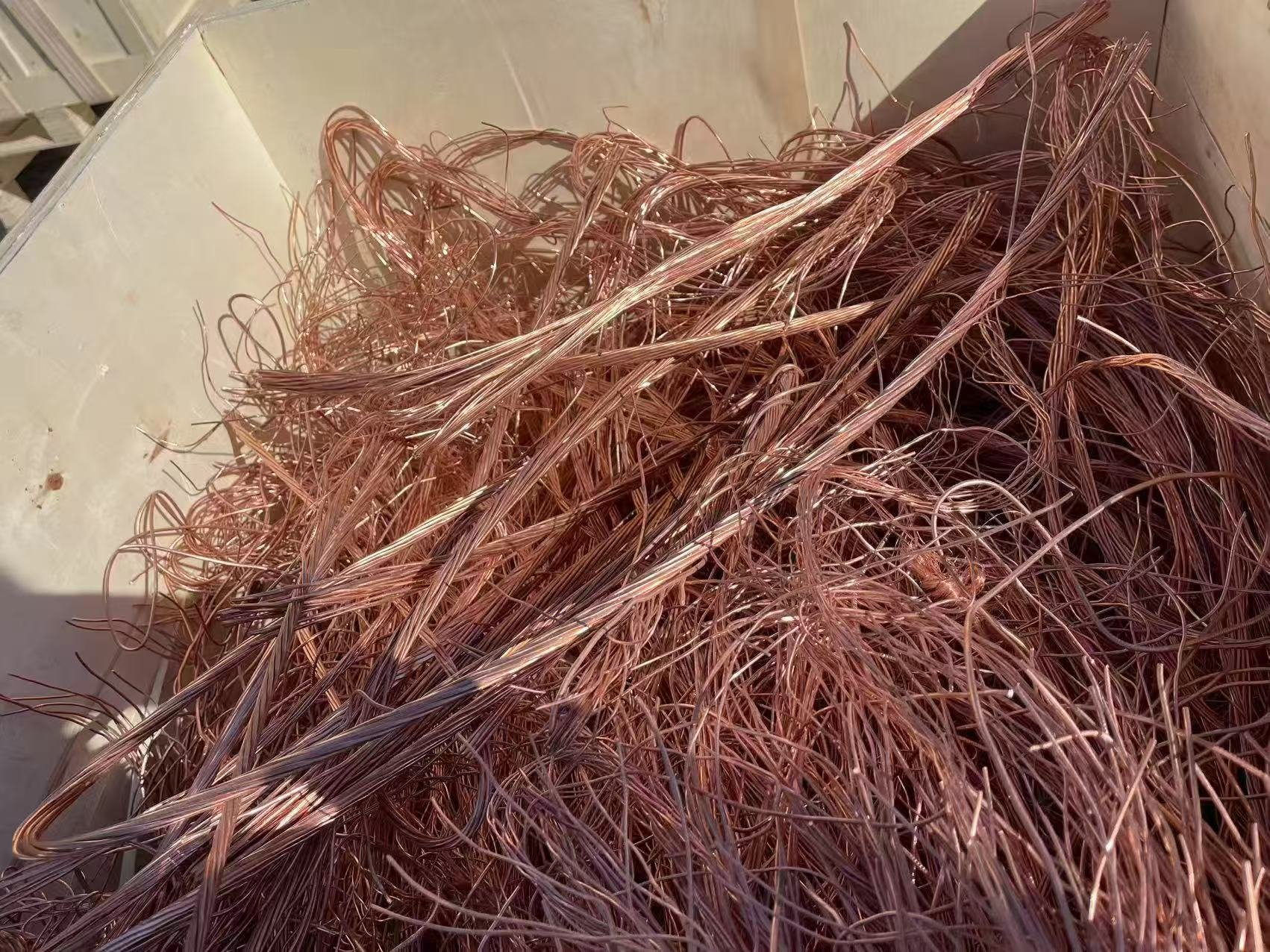When it comes to recycling insulated cables, one of the most common questions we hear at Premier Metals is: “Which pays more — copper cables or aluminium cables?” Understanding the differences between these two metals, their recycling values, and how to maximise your returns can help you make smarter decisions about your scrap.
In this comprehensive guide, we’ll break down:
Contact Premier Metals today to sell your scrap metals at the best price at 08 6252 8500
| Metal Type | Typical Price Range (AUD/kg) | Metal Content in Cable (%) | Notes |
| Copper Cable | $2.50 – $5.00 | 50% – 70% (insulated cables) | Higher density and conductivity; most valuable |
| Aluminium Cable | $0.80 – $2.00 | 40% – 60% (insulated cables) | Lighter, less conductive, cheaper raw material |
Note: Prices fluctuate based on global markets and facility location.
Copper is widely known for its excellent electrical conductivity, durability, and corrosion resistance. These properties make copper the preferred choice for electrical wiring in residential, commercial, and industrial applications.
Key Features:
Aluminium is a lighter, more cost-effective alternative to copper and is increasingly used in power transmission and some wiring applications, especially in larger cables and overhead power lines.
Key Features:

Copper cables contain more metal weight per meter compared to aluminium cables, translating directly to higher scrap value by weight.
Copper’s higher conductivity makes it more desirable for many applications, maintaining steady demand in recycling markets.
Copper is a globally traded commodity and commands a much higher price per kilogram than aluminium. This price difference heavily influences scrap payouts.
Copper can be recycled repeatedly without loss of quality, while aluminium also recycles well but has a generally lower market value.
Both copper and aluminium prices are influenced by global commodity markets, supply chain conditions, and economic trends.
Large, sorted batches of copper or aluminium cables usually attract better prices than small, mixed loads.
Recycling copper and aluminium saves significant energy compared to mining and refining virgin metals:
Choosing to recycle both metals contributes to reducing landfill waste, conserving natural resources, and lowering greenhouse gas emissions.
Copper cables generally pay more due to higher metal density and market price.
Yes, bare copper wire commands a premium price compared to insulated cables.
It’s best to separate them to maximise your payout, as mixing lowers value.
Yes, scrap metal prices fluctuate regularly with global commodity markets.
While aluminium cables have their place in certain applications and offer some scrap value, copper cables consistently pay more when scrapped due to their higher metal content, conductivity, and market demand.
By understanding the key differences and preparing your cables accordingly, you can make the most out of your scrap recycling efforts.
Contact Premier Metals today on 08 6252 8500 or get a free quote online to turn your cable scrap into cash with expert support and reliable service.